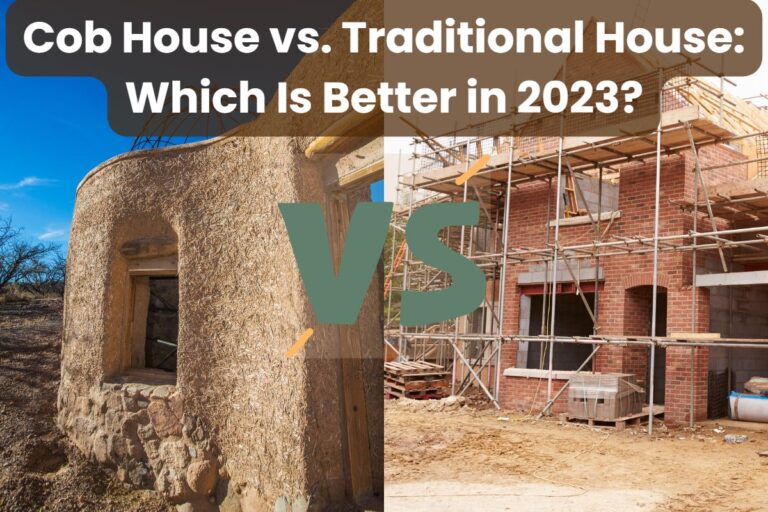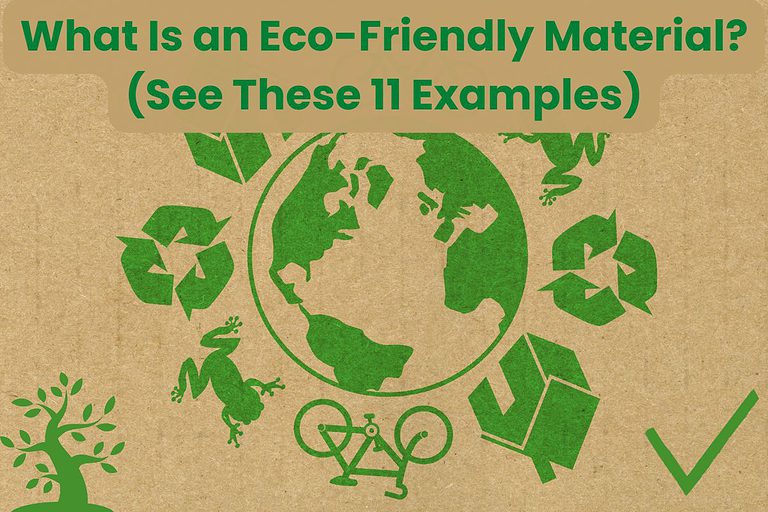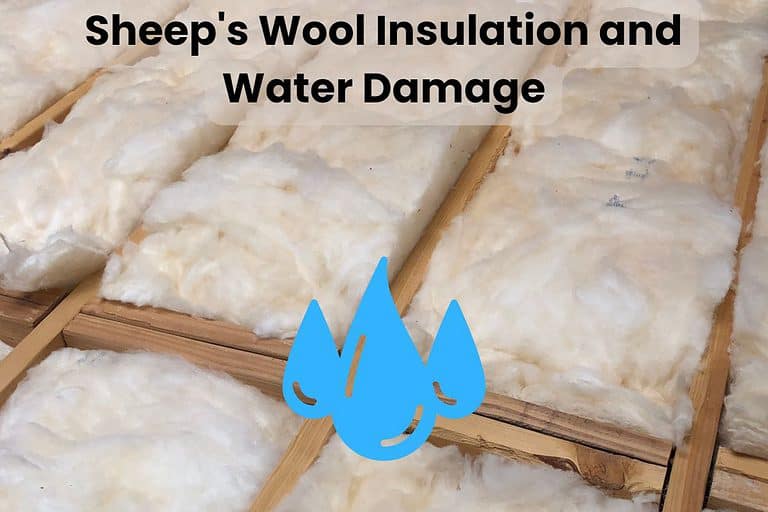Havelock Insulation: A Review of Their Wool Insulation
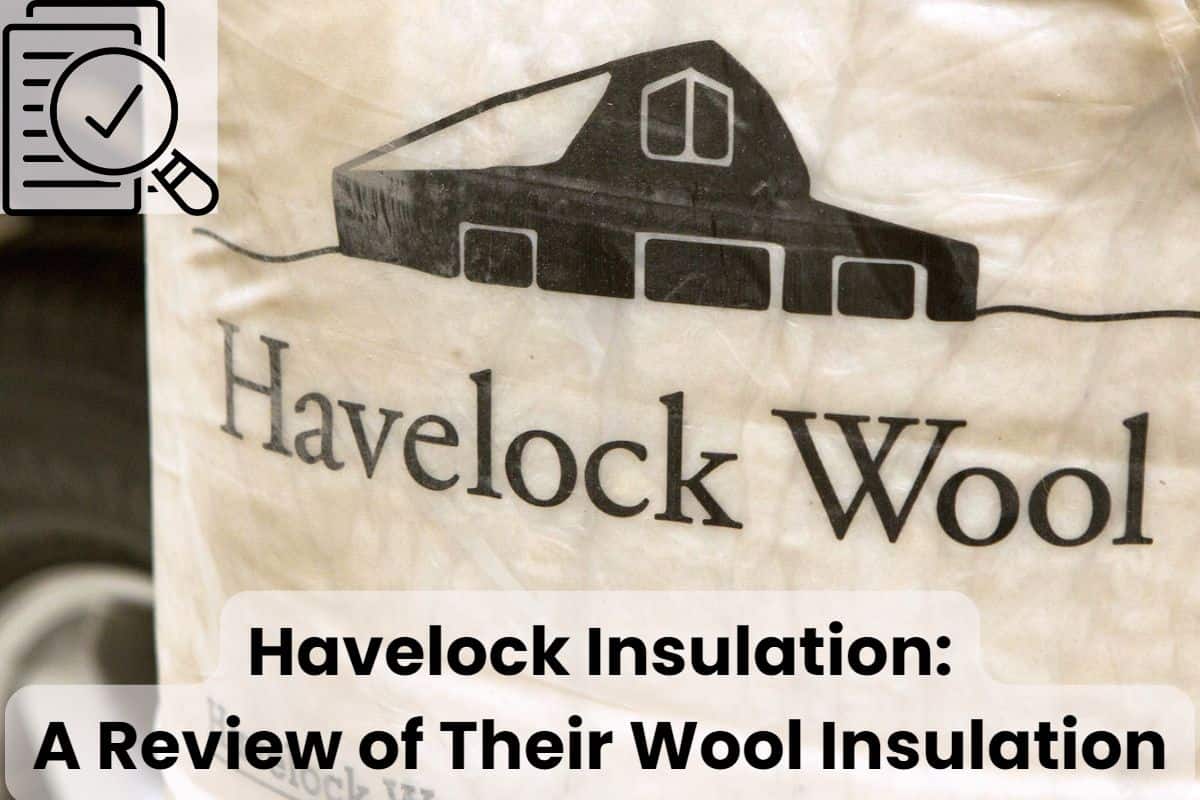
Image courtesy of Havelock Wool.
This article was written by Building Renewable and fact-checked by Havelock Wool to ensure accuracy.
The general focus of construction is turning toward sustainability and environmentally friendly practices, prompting companies to consider new healthy alternatives in every aspect.
The most popular insulation materials used until now are not eco-friendly, but sheep wool insulation is emerging as a great alternative. Havelock Insulation is one of the companies providing this option.
Havelock Insulation offers quality wool insulation that is sustainable and very effective at the same time. This company focuses on providing thermal and acoustic insulation produced in an environmentally friendly way. Wool is great for insulation because it’s effective, sustainable, and healthy.
If you want to know more, stick around! I will explain everything you need to know about what Havelock wool offers.
Additionally, I will explain all the benefits of sheep wool insulation.
Using renewable materials like sheep’s wool is just one of the ways you can build in a more eco-friendly manner. For more ideas and examples about sustainable construction materials and techniques, take a look at our article “13 Awesome Examples Of Using Sustainable Construction.”
Introducing Havelock Insulation

Havelock Insulation is a building materials company located in Reno, Nevada that specializes in producing natural wool insulation.
The company was founded in 2013 by two friends fascinated by the wool insulation method that was widely popular in Australia and New Zealand, but not very well known in the United States.
Why Havelock Wool?
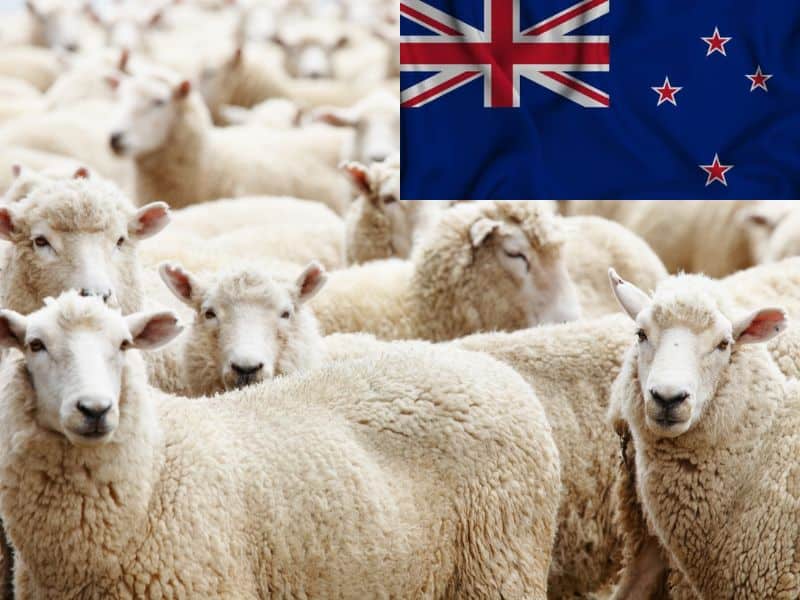
Havelock Insulation aims to provide high-quality, effective insulation that is sustainable and healthy for the environment and humans.
The wool that Havelock uses for insulation is imported from New Zealand at a minimal cost and with a small carbon footprint. Sheep must be shorn every year, making sheep’s wool a fantastic renewable resource.
What Makes Havelock Different?
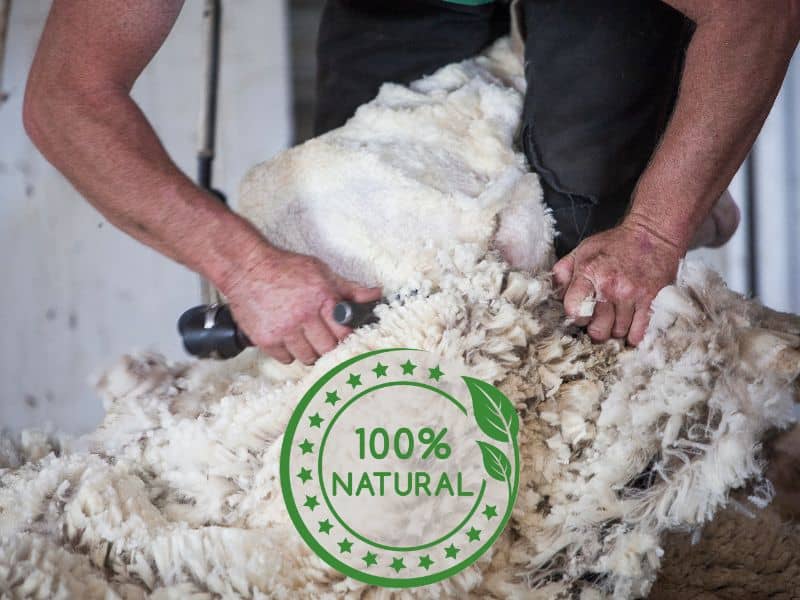
Havelock claims that the wool used for the insulation materials is 100 percent natural and more high-quality than most counterparts.
Another significant fact to remember is that Havelock wool insulation contains no synthetic additives or adhesives – just high-quality wool fibers. So you won’t have to worry about toxic substances off-gassing into your indoor spaces and impacting your home’s indoor air quality.
What differentiates this company from many other similar ones is its dedication to sustainability and environmental impact without sacrificing quality or effectiveness.
The dedication to producing entirely natural insulation products ensures that your home or vehicle stays perfectly insulated without harming the environment or your health.
Benefits of Havelock Wool Insulation
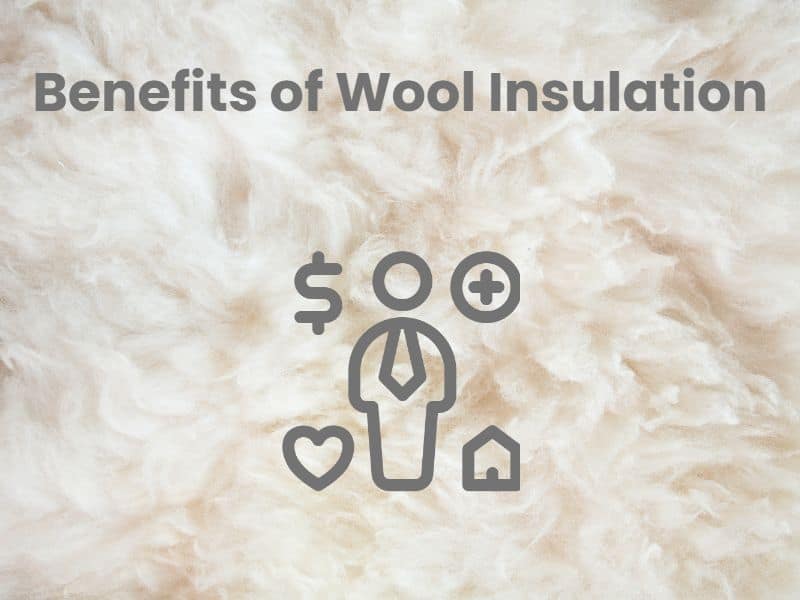
As mentioned above, wool is relatively less popular than the typical fiberglass, rock wool, or other synthetic competition, especially in the States.
It used to be pretty common in the past, but it took a backseat to synthetic competition that cost less.
However, wool has regained some popularity recently as people are increasingly considering the environmental impact and health effects of the building materials used in their homes.
As a result, people are starting to discover more and more benefits that wool insulation provides:
- Wool is a great natural insulator. Wool absorbs moisture when the air is too humid and releases it when the surrounding air becomes too dry.
- Wool is hygroscopic, so it does not become wet to touch when absorbing moisture and doesn’t lose its insulating abilities.
- Havelock wool has an R-value of 3.6 per inch, which means it is very effective at thermal insulation. What’s more, it can retain this value in different types of environments.
- Havelock wool insulation will last for the lifetime of the structure.
- As far as acoustic insulation is concerned, wool absorbs sound better than most alternatives, making it great for privacy and avoiding sound nuisance issues.
- Wool is sustainable, renewable, and removes carbon from the atmosphere.
- Havelock wool insulation is not treated with any type of harmful chemicals. No synthetic additives are needed because wool has natural insulation properties.
- The amino acids found naturally in wool bond with toxic substances like formaldehyde, NOx and sulfur dioxide. As a result, wool provides passive air filtration in addition to thermal and acoustic insulation, absorbing these harmful chemicals and helping to improve indoor air quality in your home.
Havelock Sheep Wool Insulation Products
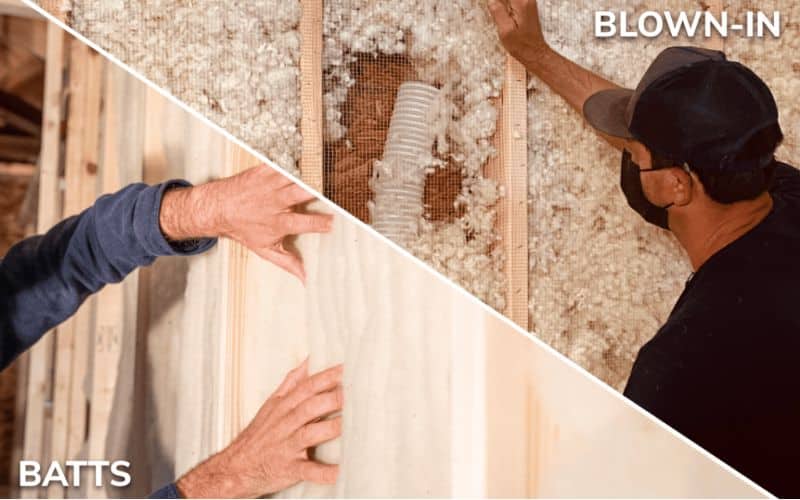
Considering all the above benefits, it may be puzzling to see how wool is less popular than other insulation options, such as mineral wool insulation or spray foam.
The main reason why this happens is that wool insulation has historically been more expensive than other options, although it is now (Jan 30 2025 at the time of writing) more competitive with mineral wool insulation than it has ever been. However, it’s safe to say that the long-term benefits outweigh any short-term savings you might get from buying synthetic insulation.
Havelock offers different options at different price points, providing alternatives for different scenarios.
If you want to check the materials out, you can order a free sample from their website. There are several different products that you can buy at Havelock, depending on what you want to insulate.
For residential insulation, you can choose between two options:
- Wool batts are offered in different thicknesses. One bag contains 12 to 20 batts and costs around $150.
- Blown-In insulation is sold in bags containing 30 lbs of loose-fill insulation. These bags cost around $180 per bag.
Havelock also offers van insulation that can be used in van conversions, buses, and RVs. Havelock wool van insulation is sold in batts and you can buy it in $150 boxes or $1800 pallets.
All the above products are made of natural, untreated wool fiber and offer excellent thermal and acoustic insulation properties. They are a superior and eco-friendly alternative to the synthetic mix used in foam insulation or certain types of cellulose insulation.
Final Thoughts
Havelock Insulation produces high-quality wool insulation that is very effective and eco-friendly at the same time.
Wool insulation is a sustainable alternative to synthetic insulation and offers the added benefits of filtering the air and requiring no chemical treatments.
You can buy wool insulation products from Havelock in either wool batts or blown-in insulation.
Havelock wool van insulation can be used in your van, RV, or other vehicles that would benefit from thermal and sound insulation.
Wool insulation, in general, is more expensive than most alternatives, but it’s healthier, renewable, more sustainable, and a great investment in the long run.
The sustainability of wool is hard to beat, but we’ve produced an article that gives a rundown of 10 Of The Most Non-Toxic Sustainable Building Materials. Check it out for more information on this subject.



